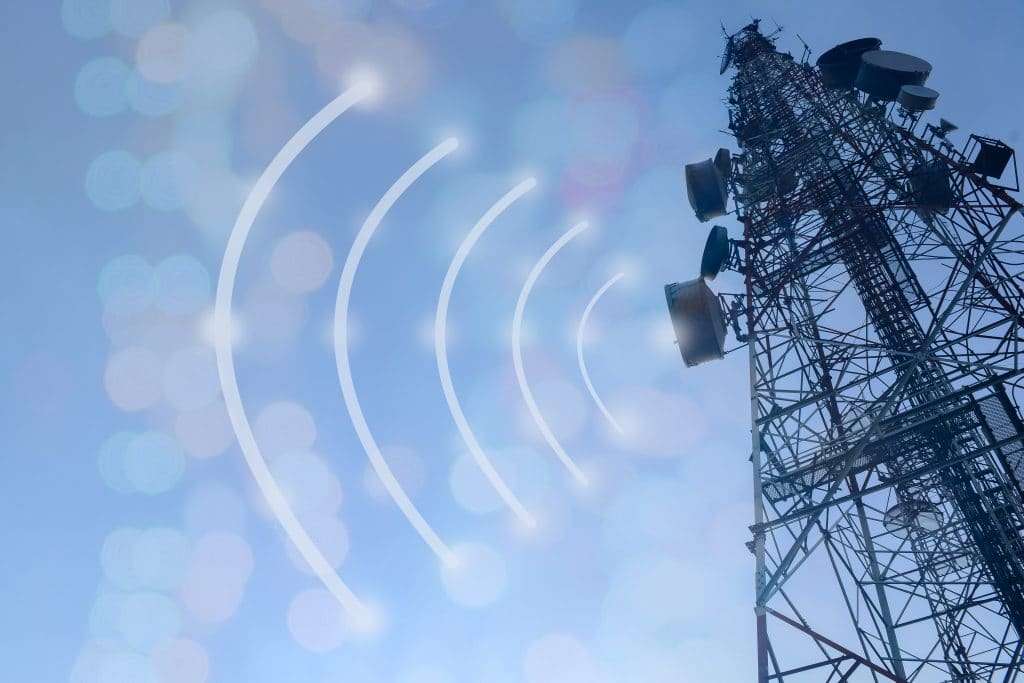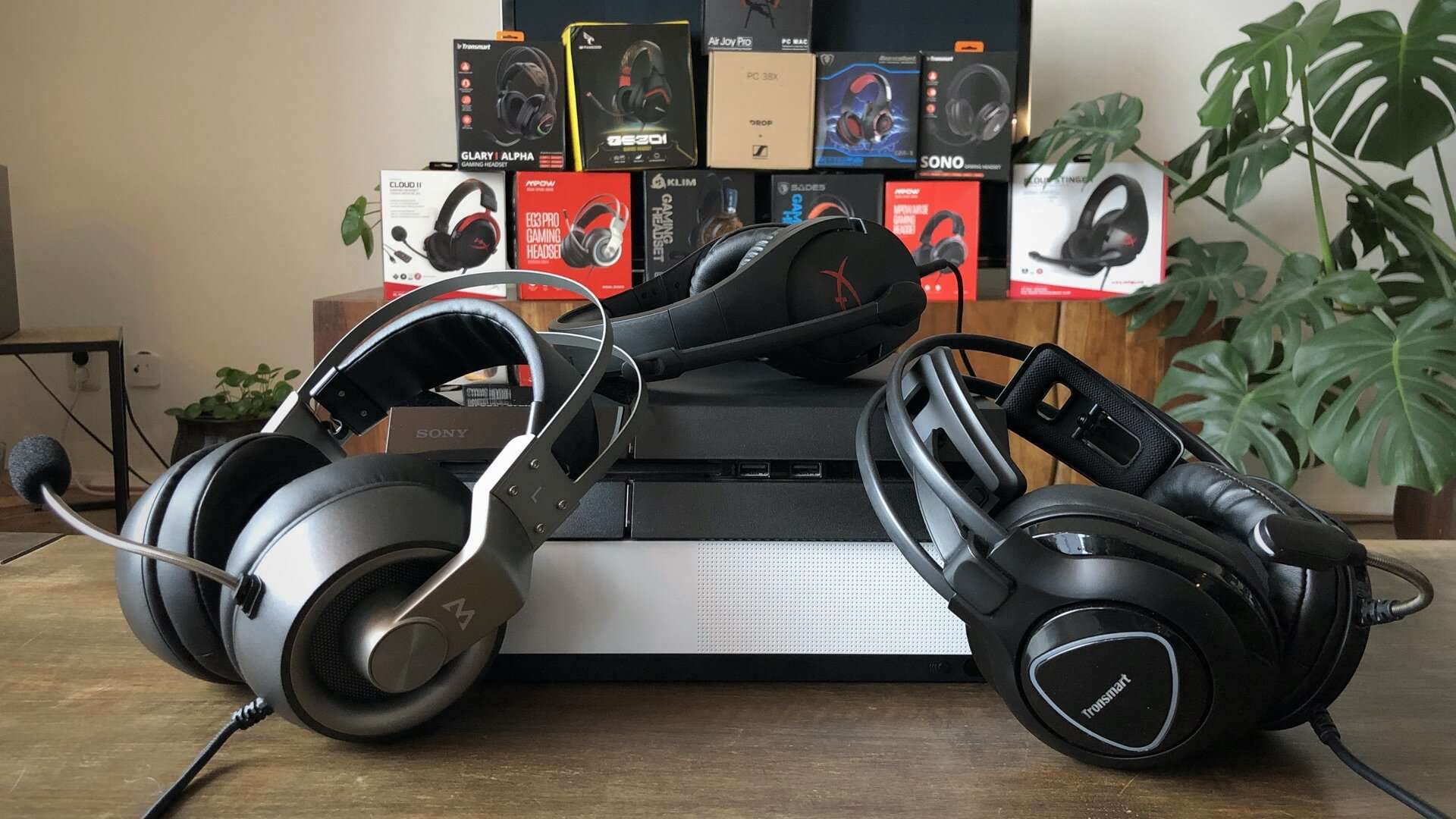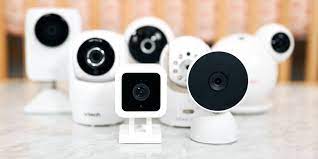Yes, signal jammers can be tracked. Law enforcement agencies often use sophisticated equipment to detect and locate signal jammers. These devices work by scanning the radio frequency spectrum for signals that are similar to those emitted by jammers. Once a jamming signal is detected, the equipment can determine its strength and direction, allowing authorities to track down and stop the source of the jamming.
However, it is important to note that jamming devices can also be designed to avoid detection by hiding their signals or operating on frequencies that are not easily detected. In such cases, detecting and locating jamming devices can be more challenging and require more specialized equipment and expertise.
It is also worth noting that the use of signal jammers is illegal in many countries, including the United States, and violators can face significant fines and penalties.
Yes, some signal jammers can block Wi-Fi signals. Some types of jammers, such as radio frequency jammers, are designed to block a wide range of signals in a specific frequency range, including Wi-Fi signals. These types of jammers emit a powerful signal that can overpower Wi-Fi signals, preventing devices in the area from accessing Wi-Fi networks.
However, it is important to note that the use of Wi-Fi jammers is illegal in many countries, including the United States. Wi-Fi jammers can interfere with critical communications infrastructure and networks, such as emergency response systems, and can result in serious consequences. Additionally, the use of Wi-Fi jammers can also interfere with the wireless networks of other users, causing disruption and potentially compromising their privacy and security.
What can signal jammer do?
Signal jammers are electronic devices that are designed to disrupt or block signals over a particular frequency range. They can be used for various purposes, including:
- To prevent unauthorized use of a mobile phone in restricted areas like examination halls, detention centers, or military installations.
- In military operations, jammers can be used to disrupt enemy communications and prevent them from coordinating their activities.
- In law enforcement operations, jammers can be used to track down criminal activities by disrupting or blocking specific radio frequencies used by the criminals.
- In businesses, jammers can be used to block signals that are being used to spy on business activities or to steal confidential data.
- In theaters, cinemas, or religious centers, jammers can be used to prevent mobile phone calls, text messages, or other disruptions that can interfere with the event or activity.
- To protect confidential data and intellectual property by blocking or disrupting signals that can be used to steal or compromise the data.
It's important to note that the use of signal jammers is illegal in many countries, and their use can interfere with critical communications infrastructure and networks, such as emergency response systems, and can result in serious consequences.



















